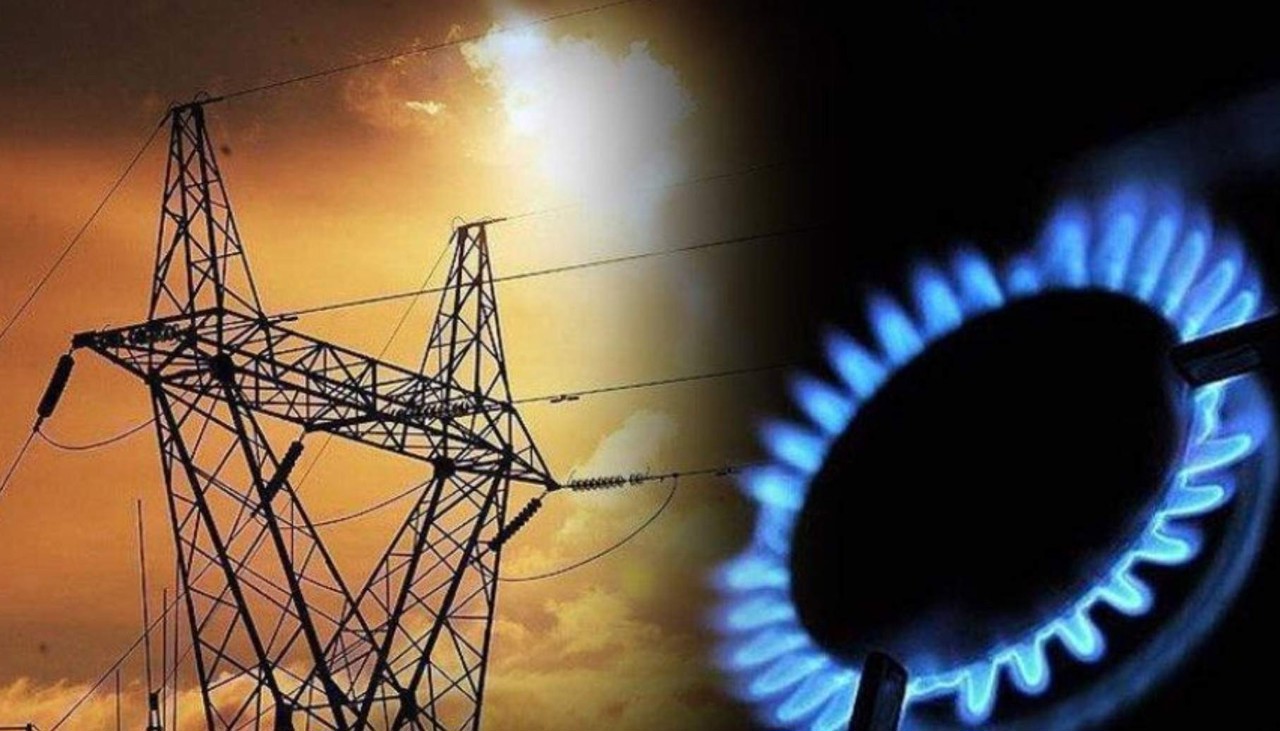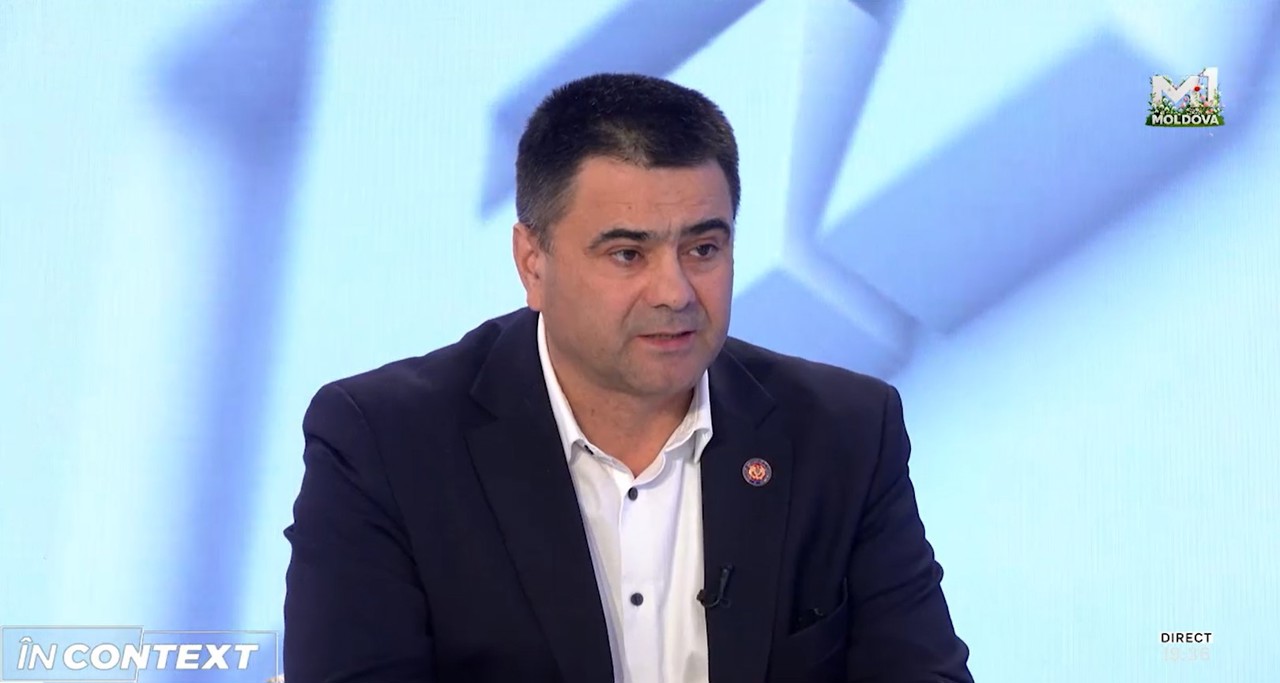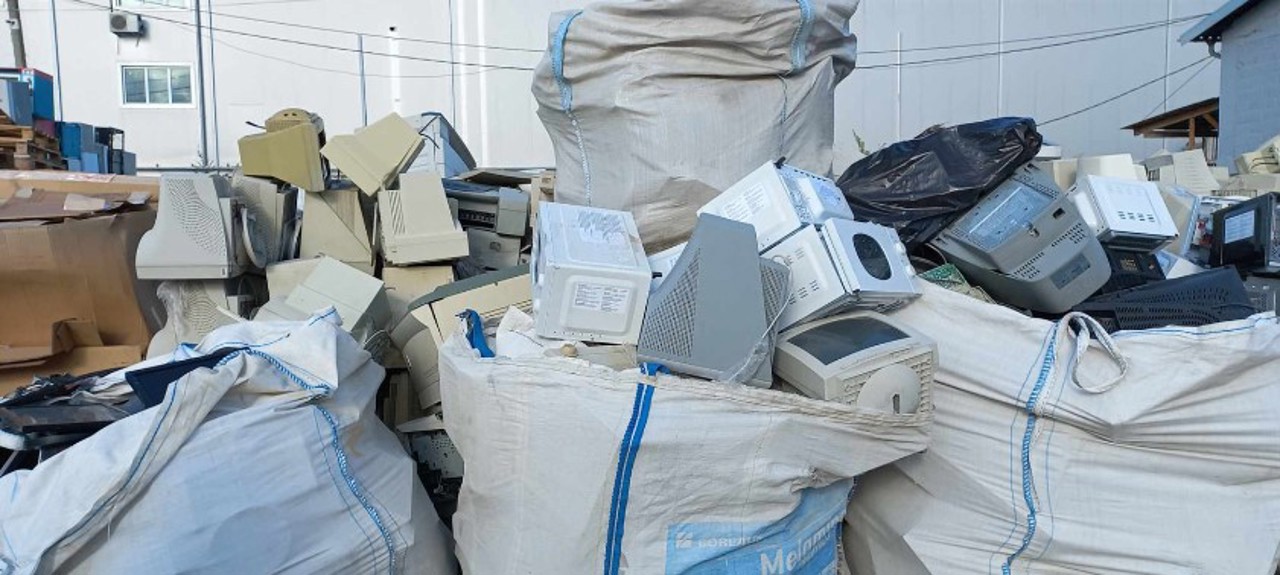Moldova's struggle: Energy crisis, rising tariffs, and political turmoil
The ongoing energy crisis in Moldova has ignited fierce political debates, with opposition parties and political figures criticizing the government's handling of the situation.

They accuse the Russian Federation of using energy resources as a tool for political pressure on Chișinău, leveraging Moldova's dependence on Russian gas to control the country.
Dragoș Galbur, leader of the Moldovan National Party, claims that the crisis could have been avoided had the government acted more decisively. He insists that the first priority for Moldovan authorities in 2025 should be to establish full energy interconnection with Romania.
Ion Ceban, the leader of the National Alternative Movement (MAN) and mayor of Chișinău, also blames the government for its "incompetence" and failure to coordinate crisis management, which has led to skyrocketing energy tariffs. He highlights the strain this is placing on citizens, local authorities, and businesses.
Critics, including Renato Usatîi, president of the "Our Party," argue that the government’s mishandling of the crisis is a sign of its incapacity to manage Moldova's energy needs. Opposition figures also claim that the energy crisis was artificially exacerbated by decisions in Chișinău, which intentionally worsened relations with Russia, including severing ties with Gazprom.
The government’s promise of an eventual improvement is dismissed by former president Igor Dodon, who warns that Moldova faces difficult times ahead. This ongoing crisis is also marked by Moldova’s continued reliance on energy imports from Romania, which has had to provide electricity at a higher cost due to the decreased supply of Russian gas. In the background, the geopolitical power dynamics with Russia remain a central issue, as the Russian Federation continues to use energy as a tool to exert pressure on the region.
Translation by Iurie Tataru





